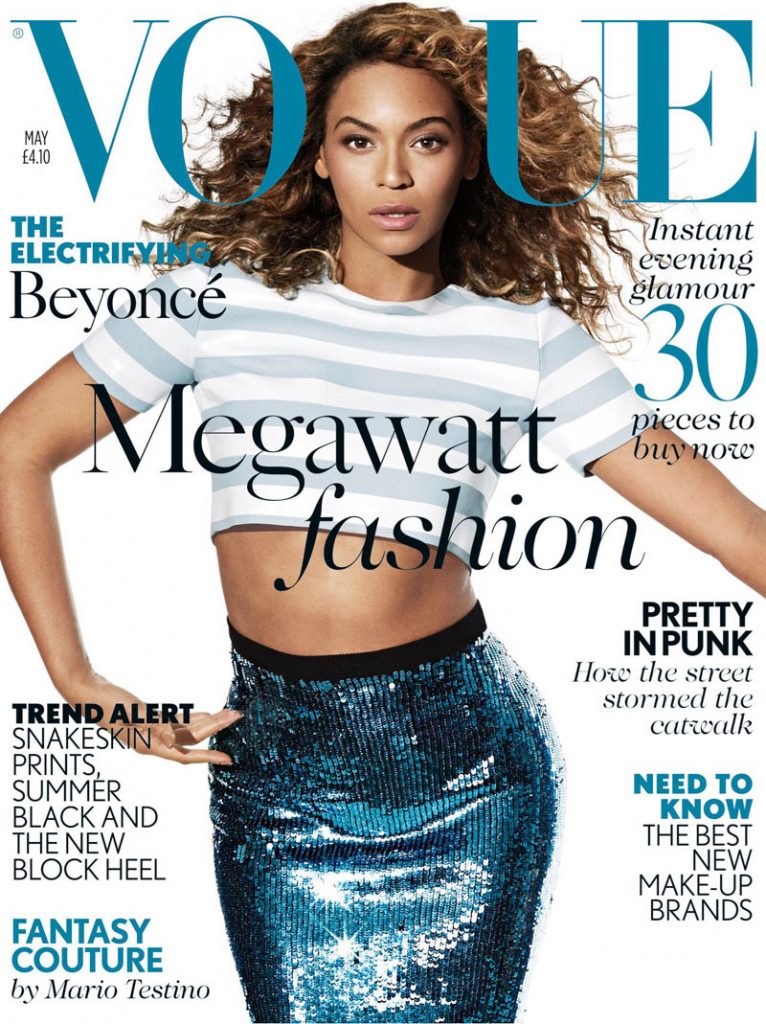 As magazines morphed into magazine media brands, it only makes sense that the role of editor should morph to. But are we throwing out the baby with the bathwater, soap, towels and the rubber ducky?
As magazines morphed into magazine media brands, it only makes sense that the role of editor should morph to. But are we throwing out the baby with the bathwater, soap, towels and the rubber ducky?
The former British Vogue editor Alexandria Shulman thinks many publishers may be poised to do just that.
“In the past month, Condé Nast’s American arm has seen the resignation of two long-serving editors: Graydon Carter of Vanity Fair and Cindi Leive of Glamour,” Shulman writes in Business of Fashion. “In the same week, Robbie Myers, the longtime editor of Hearst’s American Elle, too, stepped down. Back at Condé Nast Britain, where I edited British Vogue until June, that magazine has rolled out a voluntary redundancy programme aimed at shedding around 20 percent of its editorial staff, while publishing teams across many titles have been merged.
“At the same time,” Shulman continues, “a massive investment is being made in a digital hub to service titles internationally with an element of one-size-fits-all content.”
In the midst of what Shulman terms “panic” among media owners, she sees a disturbing trend – a “new guard” of editors who “will be less magazine journalists and more celebrities or fashion personalities with substantial social media followings.”
Kim Kardashian at the head of Elle? Tyra Banks heading up Vogue?
“You can’t leverage brand extensions off a withered core.”
As “forward thinking” as the idea may sound, at heart it’s a bad idea, not just for the title itself but for the profitability of the brand moving forward.
“The digital curveball thrown at print is powerful, but that doesn’t mean that magazine brands don’t require editors who actually edit,” Shulman stresses.
Yes, time spent reading physical magazines has given way to more time spent online. But Shulman insists that abandoning the basic idea of magazine – and the painstaking attention to editorial detail that goes into it – is not the way to move magazine media toward a profitable future.
“The new guard who will be stepping into the shoes of those that are leaving will undoubtedly have different skills, but I would suggest that the most successful will still need a passion for the core magazine that feeds the spin-offs,” she says. “You can’t leverage brand extensions off a withered core.”
“Currently in many titles, there is a vast discrepancy between the revenue generated via print and that of the various extensions, the former bringing in a substantially larger chunk of the cash,” Shulman continues. “This will no doubt change as time goes on but the skill is in managing this migration and not chucking out the proverbial baby with not only the bath water, but the whole bathroom. Many advertisers, particularly in the fashion arena, are still supportive of print and still unsure how best to spend on digital. But the expectation that reading online journalism should be free has still to be tackled.”
What does this mean for print titles now? For Shulman, the answer is clear – “parent companies need to financially invest in the print content and the experienced teams that are paying the salaries and the rent. The future may well be digital, but without nourishing the values that made and still make magazines great, the brands will only have a past.”

October 12, 2017, 9:35 am